Many disagreements exist in the evangelical church (even more among all churches) about how to read Genesis 1–11, from the story of creation to the Tower of Babel. This of course affects the way the church presents its understanding of both creation and the creator God, and the result is often as equally discordant publicly as it is internally.
C. John (“Jack”) Collins (PhD, University of Liverpool), named a senior research fellow of the Henry Center’s Creation Project for the upcoming 2016–2017 academic year, pitched his project in light of this problem: What kind of reading approach does proper justice to the kind of text Genesis 1–11 is?
Using C.S. Lewis as a conversational partner at the outset of this endeavor, Collins plans to use many of Lewis’ linguistic and literary ideas in order to develop principles and tools for careful reading. “His ideas in many ways reflect the ‘raw’ observations that lie at the base of several linguistic disciplines,” notes Collins, “such as lexical semantics, speech-act theory, and socio-linguistics.”
Collins believes that insights from these disciplines can help to refine Lewis’ informal comments on how to be attentive to reading specific kinds of texts in specific ways, thereby giving us a critically defensible approach to reading.
A Language of the World …
Collins credits his seeking of the Henry Fellowship to his lifelong fascination with nature, which turned into a passion and commitment to preserve and conserve it. As a former engineer, he found himself repeatedly amazed at how others could turn a mathematical model into a tangible item that actually worked (sometimes wonders) in the real world.
“As a Christian who confesses that God is ‘maker of heaven and earth,’ and as a one-time engineer, I have a great appreciation and admiration for God’s craftsmanship in making his world,” Collins says. “Christians must strive for clarity on how the Bible works, and what the sciences can (and cannot) do.”“Further, the doctrine of creation teaches us that God treasure the full expression of our humanity—and I am learning to enjoy everything that is fully and truly human.”
Important for Collins in that enjoyment of God’s handiwork is its relationship to his purposes for his creation. Christians must strive for clarity on how the Bible works, and what the sciences can (and cannot) do, he argues. With respect to Scripture, its writers write as they do “because they want you to be convinced that your life, here and now, reflects God’s purposes—so that you and I each have a role to play in the unfolding Big Story of the world.” The sciences have a slightly different target for Christians: “At their best, they aim to help us understand how God’s world works.”
… and for the Church
What is often lacking among the churches today when it comes to both Scripture and science, however, are the skills required to read well and think critically. Collins hopes to contribute a way forward in the current conversation revolving around these issues.
The Henry Fellowship itself is the centerpiece of a $3.4 million grant from the Templeton Religion Trust awarded to Trinity’s Henry Center in 2015 for a project called Evangelical Theology and the Doctrine of Creation (known in short as the “Creation Project”). The project seeks to provide theological guidance for the church in the doctrine of creation. “It will be a genuine privilege for the Trinity community to welcome Jack Collins to his key role with the Creation Project,” says President David S. Dockery. “We all recognize Collins as a brilliant interpreter of the Book of Genesis, as well as insightful theologian on the theme of creation and the doctrine of humanity.”
Hailing from Covenant Theological Seminary in St. Louis, Mo., Collins, professor of Old Testament and an ordained minister in the Presbyterian Church in America, exhibits professional interest in a range of topics, including text-linguistic approaches to Hebrew and Greek grammar and lexicography; the relationship between science and faith, how the Old Testament relates to the New Testament; Hebraic faith in the Hellenistic world; and the role of the sacraments in redemptive history.
He has several articles and book chapters related to the first-year theme of the Creation Project—“Reading Genesis in an Age of Science.” Among his monographs dealing with these specific issues are Science and Faith: Friends or Foes? (Crossway, 2003), Genesis 1–4: A linguistic, literary, and theological commentary (P&R, 2006), and Did Adam and Eve Really Exist? Who they were and why you should care (Crossway, 2011).
Carl F. H. Henry Resident Fellows (2016-2017)
C. John Collins, “Genesis 1–11: Poetry, History, Science, Truth”
John Hilber, “Relevance Theory and Divine Accommodation”
Hans Madueme, “The Evolution of Sin? Sin, Theistic Evolution, and the Biological Question—A Theological Account”
Clinton Ohlers, “Evangelicals and Genesis, Before and After Darwin”
Todd Patterson, “Mimesis in the Biblical Historical Narrative of Gen 1-2”
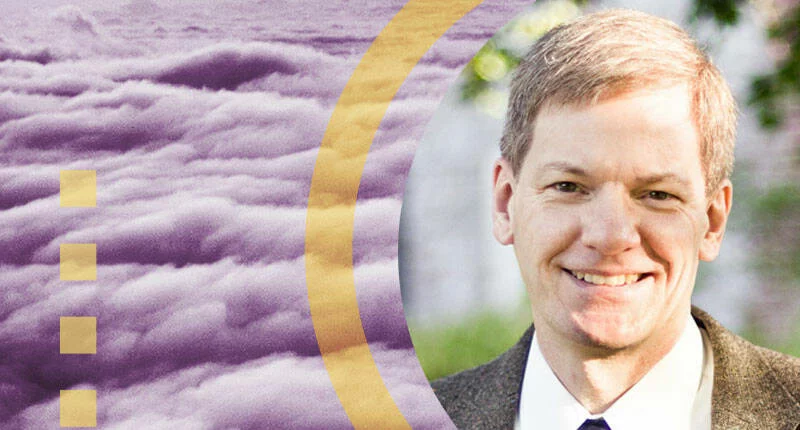
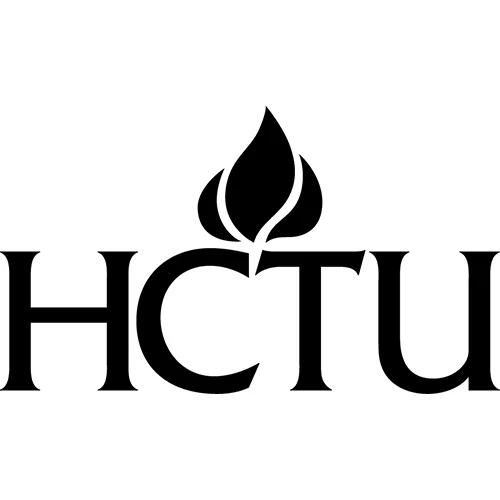
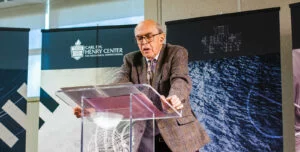
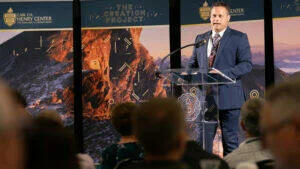
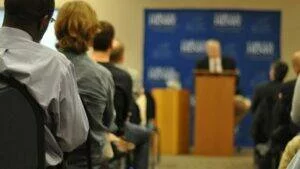



Comments
Be the first one to make a comment!